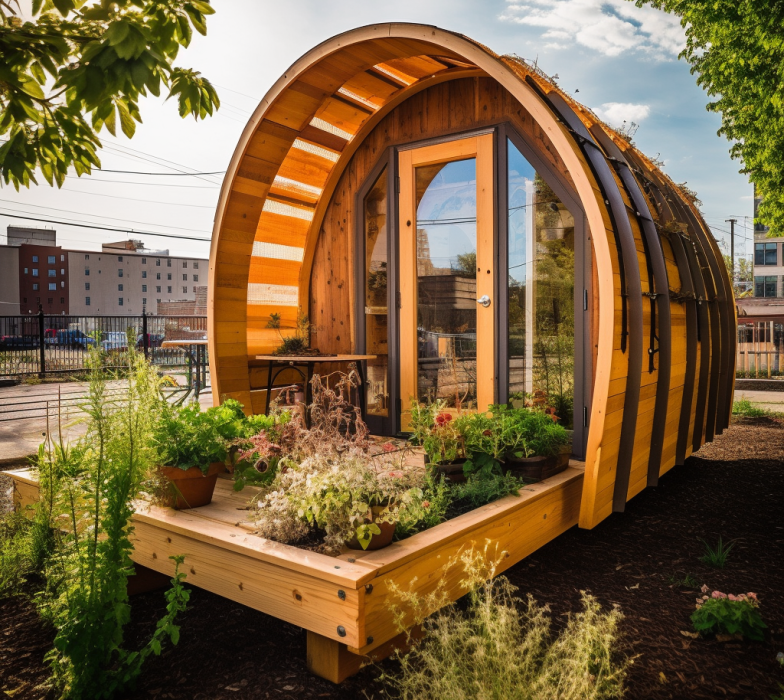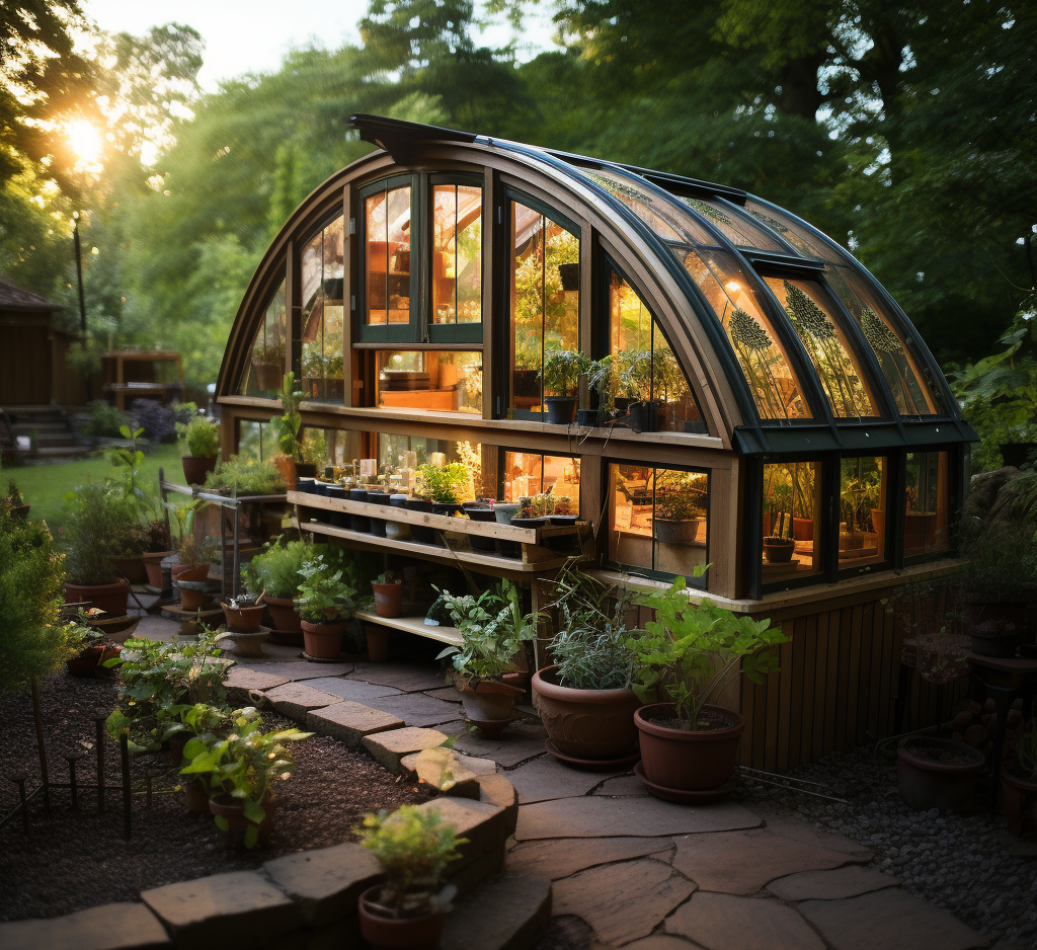Speculation to Provision
Warning: Array to string conversion in /var/www/wp-includes/formatting.php on line 1096
HomeSpeculation to Provision
Speculation in Home construction
The construction industry in the United States has traditionally relied on speculation when building homes. However, there is an increasing need to transition towards a more proactive approach focused on provision. By examining the research findings provided, we can build a compelling argument supporting this shift, which will benefit the citizens and the overall housing infrastructure in the country.

“
"We need to pivot from "speculation" to "provision" when it comes to building homes in America, because availability and affordability are vital to the health of our society."
Paul Larson
DESIGNER/FOUNDER ARC Havens
Addressing Housing Affordability
Transitioning from speculation to provision in home building offers a significant advantage in addressing the issue of housing affordability. Speculative home building tends to prioritize profit-making, resulting in the construction of high-end properties that are often unaffordable for many citizens. In contrast, a provision-based approach recognizes the diverse needs of the population and ensures the availability of affordable housing options for all income levels. Prioritizing provision will greatly contribute to alleviating the growing housing affordability crisis in the United States.


Enhancing Stability
Speculative home building often leads to rapid turnover and a lack of community cohesion. On the other hand, a provision-based approach promotes stability within neighborhoods. By prioritizing the development of essential community resources such as schools, parks, and healthcare facilities alongside housing, we can create inclusive and vibrant neighborhoods that foster a sense of belonging. This focus on provision encourages long-term community engagement and improves the overall quality of life for residents.
Promoting Sustainable Development
Transitioning from speculation to provision in home building enables a significant focus on sustainable development practices. Speculative home building tends to prioritize short-term gains, often disregarding environmental considerations. However, a provision-based approach emphasizes energy efficiency, renewable resources, and sustainable design principles. By integrating green building practices, we can reduce the ecological footprint of the construction industry and create healthier, more sustainable communities.


Mitigating Shortages
The United States is currently facing a significant shortage of affordable housing units. Speculative home building exacerbates this problem by prioritizing profit-driven projects that may not align with the actual needs of the population. Shifting towards provision-oriented home building can help address this shortage by strategically planning and constructing homes based on the real housing demands of the community. This approach ensures that the housing supply meets the actual needs, reducing the gap between demand and availability.
Stimulating Economic Growth
Moving from speculation to provision in home building has the potential to stimulate economic growth in the United States. Speculation-driven projects often prioritize short-term gains at the expense of long-term economic benefits. However, a provision-based approach focuses on meeting the housing needs of the population, allowing individuals and families to allocate their resources to other areas of the economy, such as education, healthcare, and entrepreneurship. By ensuring affordable housing options, provision-based home building stimulates economic growth and prosperity for the nation as a whole.


Conclusion
In conclusion, transitioning from speculation to provision when building homes for the citizens of the United States offers numerous economic and social advantages. By prioritizing the provision of homes, we can address housing affordability, enhance neighborhood stability, promote sustainable development, mitigate housing shortages, and stimulate economic growth. This shift not only benefits individuals and families by providing them with stable and affordable housing but also contributes to the overall well-being and prosperity of society as a whole.
Let’s build your new home
Learn more about our innovative and sustainable design and construction process!
